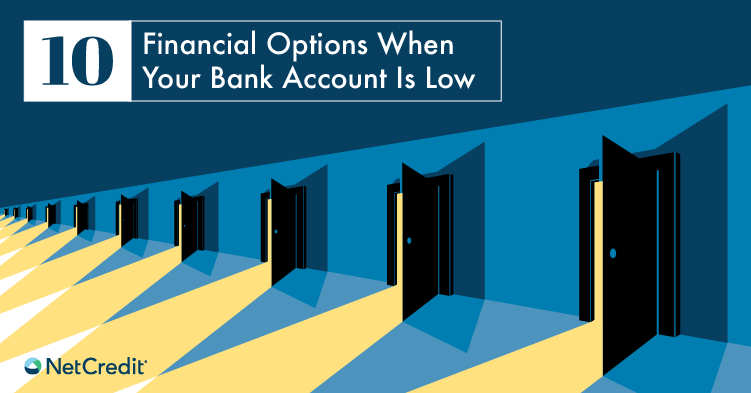Is your savings account smaller than you want it to be? You’re not alone. A recent study by Bankrate found that only 39 percent of U.S. adults have enough money in savings to cover a $1,000 emergency.1 Whether you’re living paycheck-to-paycheck and struggling to find funds to tuck away, you struggle to control your spending or you just don’t know how to start, there is a simple solution: automated savings.
There are several automated saving methods available that make the process easy and help you build up slowly over time. Instead of wasting your time debating where the money should come from in your tight budget or spending the money when you should be allocating it to savings, you can use these methods to automate the decision process.
The solutions we found allow you to set aside money in a variety of ways, each one easy and convenient. You can set all three to contribute to your savings in small amounts so you won’t even notice the money leaving your account! So what are you waiting for? Start saving now.
Qapital
This app-based saving system is incredibly customizable, perfect for any budget or lifestyle. The app allows you to set up goals for specific savings, like a vacation or a car, or just focus on general savings. Additionally, the way you contribute to your goals is completely up to you. Here are just some of the rules available:
- Round up rule: Every purchase you make is rounded up to the nearest dollar and the difference goes to your Qapital saving account.
- Set and forget rule: Every week, the same amount is pulled from your bank account and deposited into your Qapital saving account.
- Spend less rule: Pick a place you tend to spend too much at, like your favorite coffee shop, and set a weekly budget. Whatever you don’t spend that week gets put into your Qapital saving account.
- Guilty pleasure rule: Order too much takeout? Have a problem saying “no” to a night at the movies? This rule moves a predetermined amount into your Qapital saving account every time you spend specific places you’re trying to avoid.
Acorns
If you have a decent savings but are looking to diversify, Acorns could be a great option for you. Similar to Qapital’s round up rule, Acorns puts your spare change directly into an investment account. Customize your saving strategy by selecting conservative, moderate or aggressive investments. The returns are a bit lower than other investment strategies (around 5% on average), and it’s probably not the best method for those without any liquid savings easily accessible, but it’s a great option for those who want to invest and get a better return than a basic savings account.
Ally
If you haven’t already, set up a savings account separate from your checking account at your bank. For some, just having the two separate accounts is enough to keep from spending what’s needed to save. However, if the temptation is too great to transfer funds between the two, you might want to consider keeping your savings in a separate bank altogether. Online banks like Ally typically have a higher return rate than brick and mortar banks, and they can waive hefty maintenance fees that chip away at your hard-earned money. Once you have it set up, you can schedule automated transfers. We recommend starting up with a small amount that syncs up with your paycheck. Let’s say you get paid bi-weekly: You could set up an automated transfer for $25 every other week — if you don’t see the money in your account, you won’t miss it!
References
1Carter, S. M. (February 23, 2018). Americans are getting better at saving: 58% have more money than they owe in credit card debt. Retrieved March 08, 2018, from https://www.cnbc.com/2018/02/23/americans-are-better-at-saving-58-percent-have-more-money-than-they-owe.html






